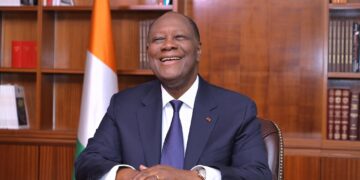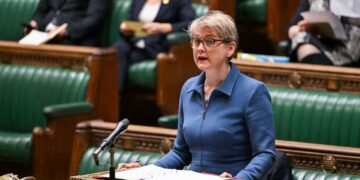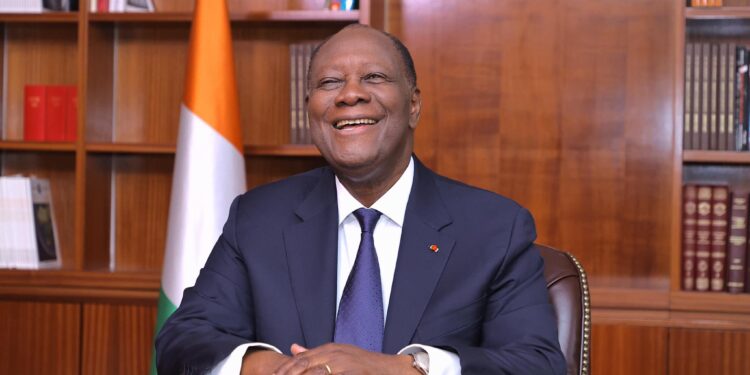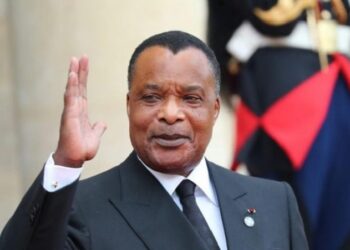By Ebi Kesiena
Côte d’Ivoire is earning growing acclaim as a beacon of good economic governance on the African continent, following a decade of sustained reforms, fiscal prudence, and innovation in public finance management.
This is according to the World Bank and the International Monetary Fund (IMF), which hailed the West African nation as a model worthy of emulation.
Since 2011, Côte d’Ivoire has undertaken structural reforms aimed at diversifying its economy, modernising infrastructure, and consolidating public finances. These efforts have borne fruit, positioning the country among the few in the West African Economic and Monetary Union (WAEMU) to consistently reduce its public deficit in line with regional benchmarks.
Speaking on the country’s strides, IMF Mission Chief Olaf Unteroberdoester stated that Côte d’Ivoire’s fiscal consolidation plan remains “on track to reduce deficits to 3 percent of GDP by 2025.” His remarks signal a strong vote of confidence in the country’s macroeconomic performance from global financial observers.
He added that a key innovation drawing international attention was Côte d’Ivoire’s “debt-for-development” swap programme, launched in late 2024 with the backing of the World Bank.
Under this initiative, the government replaced expensive, short-term commercial debt with a longer-term loan at significantly lower interest rates. The move saved the country approximately €60 million in net present value and unlocked an additional €330 million in budgetary space over five years, funds that have been primarily directed towards building school infrastructure in underserved rural communities.
While the programme’s immediate impact on the national budget is modest, the World Bank maintained that it sees promise in its replicability.
Also, World Bank Managing Director of Operations Anna Bjerde praised the initiative’s “strong potential for replication,” especially as developing countries contend with shrinking foreign aid and mounting debt pressures, explaining that the model showcases how nations can responsibly manage public debt while investing in social development.
Furthermore, complementing these achievements is Côte d’Ivoire’s solid economic growth, as disclosed by Bloomfield Intelligence’s Country Risk Côte d’Ivoire 2025 report.
The report highlighted a growth rate of 6.1 percent in 2024, driven by robust performance in key sectors and bolstered by reforms under the country’s National Development Plan. Growth is projected to rise to 6.3 percent in 2025, with official figures anticipating an even stronger 6.7 percent, propelled by ongoing diversification and new discoveries in oil and gold.
Despite a slight dip in its country risk rating, from 6.5 to 6.3 out of 10, Côte d’Ivoire remains firmly in the low-risk category for investors.
However, the Bloomfield report cautioned that the country’s strong economic indicators have yet to fully translate into broad-based social gains. Life expectancy, for instance, remains below the global average, highlighting the need for policies that ensure growth reaches all segments of the population. With a presidential election on the horizon in October 2025, bridging this gap remains a critical task for the Ivorian leadership.




































